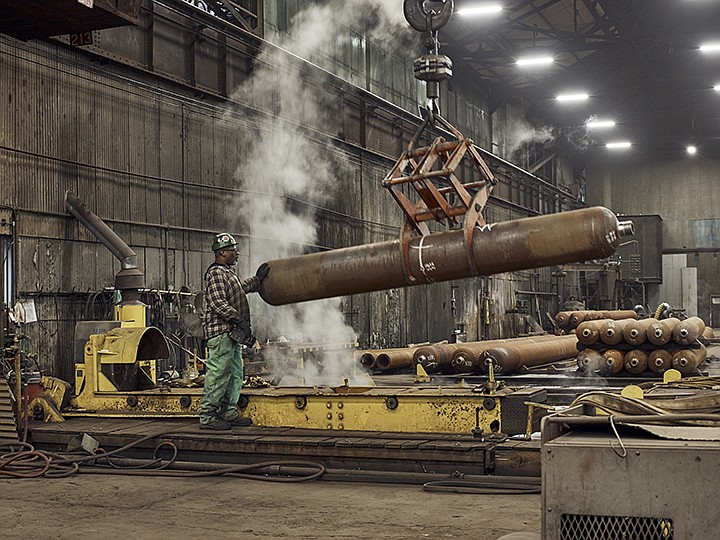Government "at the speed of Trump," as former U.S. House Speaker Newt Gingrich has coined it, had the world watching President Donald Trump and North Korea dictator Kim Jong Un meet personally and sign agreements to denuclearize the Korean Peninsula and to recover the remains of prisoners of war from the original conflict, among other key tenets of the Singapore summit last week. Just before the first meeting of a sitting U.S. president with a North Korean head of state, President Trump was in Canada at the international G-7, or Group of Seven, summit in Quebec, Canada.
At the 44th gathering of the seven most advanced nations - Canada, Germany, France, Italy, Japan, the United Kingdom and the U.S. - the topic of trade dominated. The combined economies of just these seven countries represent nearly 50 percent of the entire world's spending and, according to the 2017 Global Wealth Databook, about $300 trillion of the world's net worth.
Due to the absolute dogged determination of Trump to keep his campaign promises, one of which was to establish free and fair trade in contrast to the globally endorsed version of free trade that permits tariffs and value-added taxes on imports from America, fears of a trade war have mounted. Leading up to the annual meeting, Trump threatened tariffs on products that compete directly with American staples of manufacturing and agricultural fame - steel and dairy products, just to name two. Of the G-7 nations, only Japan and the U.S. refrain from excessive duties and value-added taxes on imports.
The logic of this move by the Trump administration follows: American companies have learned to circumvent tariffs and reduce their operational overhead by creating foreign subsidiaries to produce certain goods, enjoying cheap foreign labor that requires no benefits or low benefits in addition to bypassing import costs leveled at U.S. products. The multi-national trade agreements like NAFTA and the Trans-Pacific Partnership have done little to nothing to address the lopsided tariffs and encourage relocation of American business to foreign sites.
Add these facts to an additional big one and you'll understand Trump's frustration better. America's wealth is $100 trillion, according to last week's Wall Street Journal. Compare our economic prowess to Japan's wealth at $23.6 trillion, the United Kingdom's at $14 trillion, Germany's $13.7 trillion, France's $12.9 trillion, Italy's $10.8 trillion and Canada's $7.4 trillion to see that the world makes much of its wealth from U.S. consumers.
While the threat of tariffs on imports of materials and products into America has been met by the retaliation of nations whose products will be hit with these new taxes from companies within their borders, members of Congress have issued strong warnings relating to the impact of state economies and jobs. U.S. Sen. Lamar Alexander has been among those expressing concerns based on Tennessee's leading role in the automotive industry and in agricultural exports.
In his Senate floor speech on June 7, Sen. Alexander, the former governor of our state who led the efforts to make Tennessee a leader in car manufacturing, voiced his frustration, "Despite the fact that I agree with the president on taxes and judges and regulations there's one area where I have been supremely ineffective in persuading him, and that is in the area of tariffs." In his remarks, a better approach was offered that would use reciprocity rather than retaliation. Simply put, Alexander suggested to tell America's trading partners, "Please do for us what we do for you."
Trump seems to have heard Tennessee's senator and suggested no tariffs and no trade barriers when in Canada before his departure.
America is a superpower that reciprocity will serve well.
Robin Smith, a former chairwoman of the Tennessee Republican Party, owns Rivers Edge Alliance.

